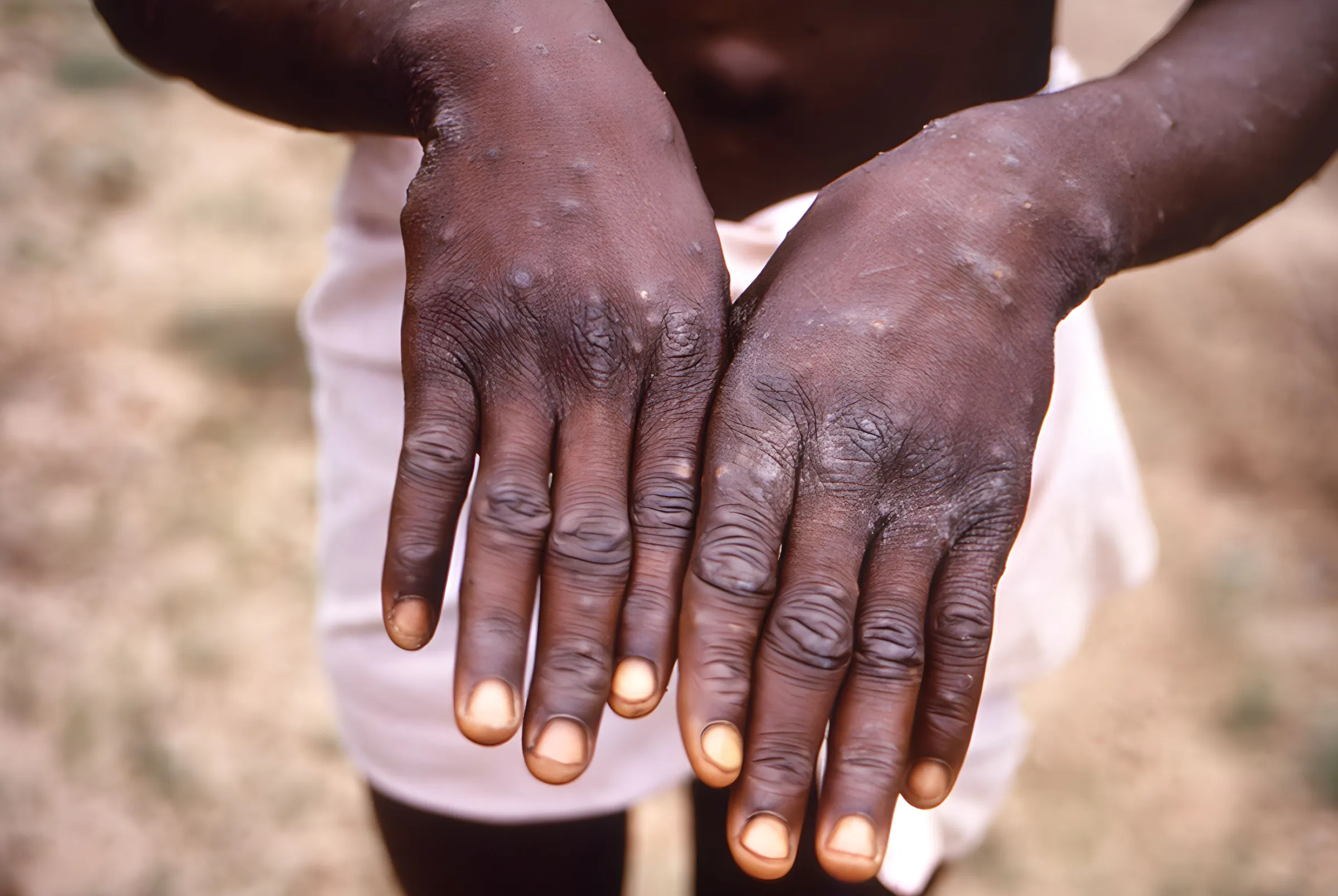News
Akwa Ibom records five Mpox cases

Akwa Ibom State has recorded five cases of Mpox, formerly known as Monkeypox, in the last few days.
The Disease Surveillance and Notification Officer, Akwa Ibom Ministry of Health, Samuel Etuk, confirmed the development to journalists on Friday.
He said a total of 30 samples were collected across different local government areas for diagnosis, and four of them tested positive for Mpox.
Etuk said: “Four cases were confirmed, three of them are male, and one female, they are aged two, four, 12 and 41 years respectively.
“This confirmation was by Breakthrough Action Nigeria in collaboration with the Tuberculosis and Leprosy Control Programme.
“We have another positive case of Mpox, this latest case brings the total number of confirmed cases in the state to five.”
READ ALSO: Edo records three suspected cases of mpox
The surveillance officer said 10 community-based informants had been engaged to work in catchment areas.
“They will be reporting to the health facility focal person who will communicate the local government disease surveillance and notification office.
“The full report will later be submitted to the state ministry of health for prompt actions,” he added.
Etuk listed the symptoms of Mpox to include headache, swollen lymph nodes, fever, back and muscle pain, and lack of energy.
“Another symptom is rashes. It begins on the face and gradually affects other parts such as palms, soles, and feet,” he concluded.
The World Health Organisation last month declared Mpox a global public health emergency.
Nigeria has more than 40 confirmed cases as of last month.
Join the conversation
Support Ripples Nigeria, hold up solutions journalism
Balanced, fearless journalism driven by data comes at huge financial costs.
As a media platform, we hold leadership accountable and will not trade the right to press freedom and free speech for a piece of cake.
If you like what we do, and are ready to uphold solutions journalism, kindly donate to the Ripples Nigeria cause.
Your support would help to ensure that citizens and institutions continue to have free access to credible and reliable information for societal development.




























